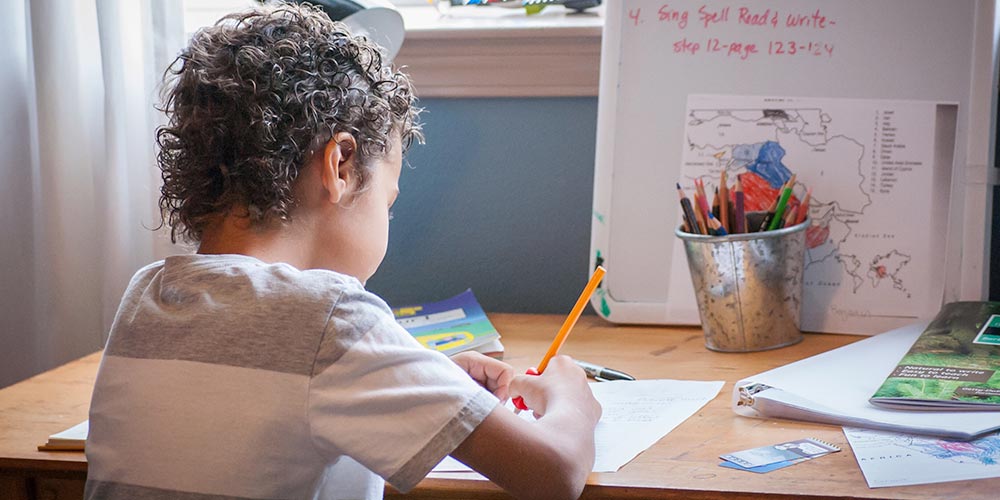One night, I had a meeting at my children’s school. Before I left I asked my daughter to please clean the kitchen. When I got home, the counters were wiped—sort of, the table was cleared—more or less, but all of the dirty dishes were piled neatly in the sink! At the time she was about 11 years old, plenty old enough to know how to clean the kitchen, except that I’d never really taught her.
I don’t want my kids to struggle with adulting when they leave home so I tell them that I will not treat them like pampered pets; that’s not good for them. So I am trying to teach my children four extremely important skills they will need to handle life after home. All of these skills require self-discipline and can help our children learn self-discipline.
Self-responsibility.
By the time they walk out the door for college or career they need to be responsible for running their own life. They need to be able to cook, clean, make their own medical appointments, troubleshoot car problems, and handle their money. Susan Merrill wrote about ten of these life skills kids need to have before they leave home. Being able to handle them is a sign that your child is developing self-discipline and is ready to be on his own.
Self-understanding.
Can they identify their strengths and weaknesses? Can they moderate or change their behavior when it’s required? One of my children gets wound up very quickly when they’re arguing with me. This child is aware of this weakness–their tendency to get defensive and insulting when they’re not getting their way. But this child also has wonderful strengths that I’ve also pointed out.
As adults, our children will need self-understanding to figure out what kind of jobs to pursue, what kind of people to date, and how to structure their lives to build upon their strengths.
Self-regulation.
They’ll need to know how to turn off Netflix and get to bed when they have a big test the next day. They’ll need to be able to choose to eat at home rather than go out when their bank account is running low. Self-regulation is closely linked to delayed gratification and self-control (try these self-control conversations starters). We can teach our children this impulse-control by pointing out their successes in this area, “Hey, it’s impressive that you went to bed even earlier than I asked you to because you could tell you were really tired. I bet that’s going to help you do even better on your math quiz tomorrow.”
You can also help your children see the benefits of self-regulation by guiding them. “How many hours a day do you think kids should play video games? Why is it a good idea to do other things, besides video games in your free time? How can kids get themselves to take breaks from video games?”
Self-motivation.
Can they work at a sustained pace even when they don’t feel like it? They will need to know how to follow through on their responsibilities even when they aren’t inspired to do so. Part of teaching this to our kids is helping them realize that feelings are not the best guide to decisions. Even when mom or dad don’t feel like going to work, we still do because it’s the right thing to do and we want to earn money to support our family.When your child does show self-motivation, praise her! “I am very proud of you for putting away all of your toys. I know you had a lot of them to pick up, so I think it’s so great that you didn’t stop until all of them were put away.”
Tell us! Can you think of any other self-discipline type skills kids will need in the adult world?










